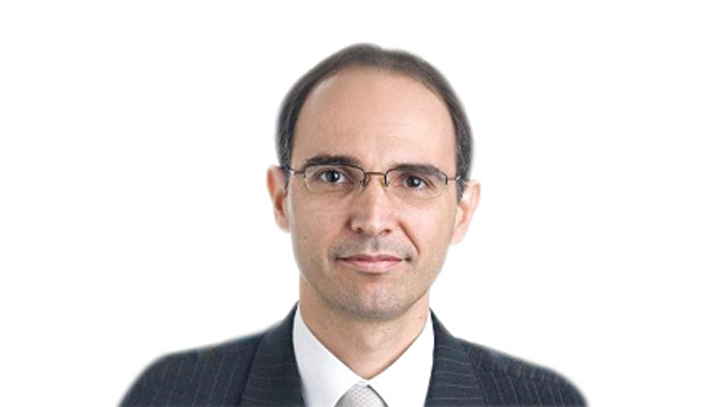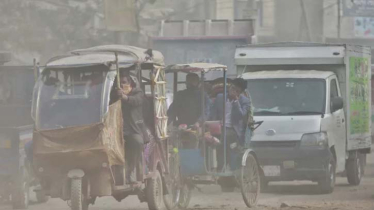
Photo: Collected
An International Monetary Fund (IMF) delegation, led by Chris Papageorgiou, engaged in discussions with key Bangladeshi energy officials on Thursday (2 May). The meetings, centered around the pressing financial challenges in the country’s power and energy sectors, remained closed to the media.
The delegation first met with officials from the Power Division, led by Power Secretary Habibur Rahman, before progressing to talks with the Energy and Mineral Resources Division, and concluding with Petrobangla, the nation’s energy corporation.
Despite the high-profile meetings, officials were tight-lipped about the discussions. "Right at this moment it’s really tough to comment on the issues discussed in the meeting,” Rahman told UNB, reflecting the general reluctance among the participants to disclose any outcomes.
Sources close to the matter indicate that the primary focus of the discussions was on reducing the subsidies provided in the power and energy sector and adjusting power and gas tariffs accordingly. The IMF voiced concerns over pending dues amounting to approximately Tk 50,000 crore ($5 billion), pressing for a detailed plan on how the government intends to settle these substantial bills.
The IMF's visit forms part of a broader review of Bangladesh's adherence to economic commitments, including the implementation of an automated price adjustment system for petroleum fuels and recent hikes in power and gas prices aimed at curbing financial losses. Despite these measures, the disparity between government spending and income in these sectors continues to necessitate significant subsidies.
The ongoing negotiations also touched on the necessity of further tariff adjustments as a means to bridge the financial gap, a stance that the IMF has consistently maintained. As Bangladesh navigates these economic reforms, it anticipates the next installment of the IMF’s $4.7 billion loan, with hopes pinned on an upcoming tranche worth around $690 million.
Previously, the IMF had disbursed an initial $476 million in January 2023, following the government's commitment to economic reforms, and a subsequent $690 million in December 2023, despite not meeting revenue and forex reserve targets.
Messenger/Mumu








